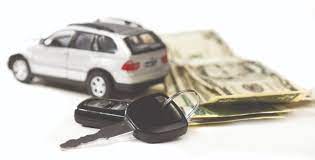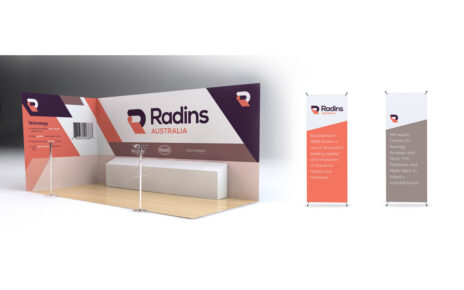Few purchases are higher than a car in your life. It is primarily only second to a new business or buying a home. Sometimes, owning your vehicle requires you to take out a car loan. Although paying for your car with a car would be ideal, it isn’t always realistic. If you’re ready to buy a car and you want to take a loan for it, then there are things you should know about car loans and what it means to refinance auto loan. Keep reading to understand some facts about car loans and how it works.
Auto Loan Interest Changes Daily and Varies
One fact about a car loan is that interest rates vary and are constantly changing. Therefore, you should always check auto loan rates before you first enter a showroom. You also try to get pre-approval from a credit union before you go shopping for a new car. A car salesperson will only choose between giving you a good deal on financing and a reasonable price on a vehicle. Therefore, you need to learn what a good deal on a car loan depends on the interest rate.
You May Have Negative Equity
Negative equity is when you owe far more than your car’s worth. That especially happens when you finance a new car without making a down payment. Once you drive the car off the car dealer’s lot, it immediately starts to depreciate. A study shows that the average car loses 20% of its value within the first year. Even when you refinance auto loan, you might still end up spending much more on your vehicle.
Credit Score Matters
A credit score is one huge factor you need to consider when going for a car loan. Dealerships advertising low-interest rates only make it available to people with excellent credit scores. Even when you want to refinance auto loan, you need to be well-qualified to get a great deal. Ensure you get copies of your credit report to see where you stand. Obtaining your credit report beforehand will also allow you to check for errors and correct them early. Knowing your credit score will help you take the necessary steps to improve your credit, like paying off debts.
There Might Be Need For Gap Insurance
Since it’s clear that your car begins to lose value once you start driving it, there might be a need for gap insurance. It is most important when you do not put down a down payment. If you ever get involved in an accident that damages your car, the insurance pays for your vehicle’s worth and what you owe. It even saves you the stress of needing to refinance an auto loan after the car is gone. If there’s no gap insurance, you might have to pay the remaining balance even when you don’t own a car.




